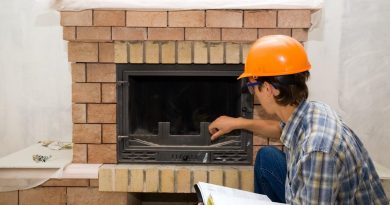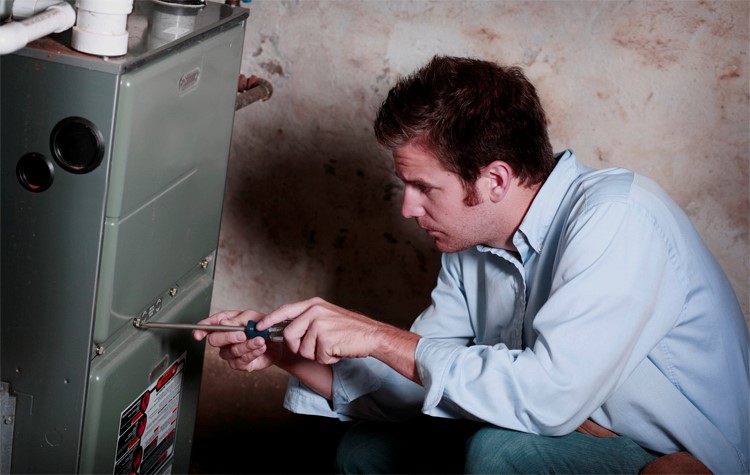How to Avoid Common Home Buying Scams
Scams are everywhere, even in the real estate industry.
Buying a home is something that most people dream of. They even spend their hard-earned money to achieve it. Unfortunately, some individuals take advantage of this by tricking homebuyers into paying for homes that do not actually exist or misrepresenting the deal’s terms.
What is a Home Buying Scam?
A home buying scam occurs when a scammer uses the home as a cover to steal money from someone. This scam plays out in different ways, and mortgage scam is the most common form.
For example, shady loan brokers or lenders promote misinformation to get money from unsuspecting borrowers.
What are the Common Scams in the Real Estate Industry?
While real estate scams come in various forms, here are some of the more typical ones:
Wire Fraud Scam
This scam occurs when scammers pose as real estate agents and trick buyers into wiring funds for their closing amounts to fraudulent accounts.
Title or Deed Scam
In this scam, there is an involuntary transfer of ownership without the homeowner’s knowledge. Scammers try to transfer property ownership to someone else. In some cases, they borrow money using the home as collateral.
Home Inspection Scam
This home buying scam involves unqualified providers who will perform the inspections but hide potential issues with the home.
Property Flipping Scam
In a property flipping scam, scammers convince someone to buy a property at a huge amount with a promise that they can sell it back at a significant profit after some modifications.
Commercial Real Estate Scam
This scam comes in different forms, including misinterpretations and forged documents. But fund misinterpretation is the most common type. It occurs when borrowers divert funds they got from a payment or loan it was not approved for.
Ways to Avoid Common Home Buying Scams
Today, most scammers use advanced technology to interact with the victims, so avoiding them can be a bit challenging. On the bright side, there are still ways to avoid common home buying scams, such as:
Verify the Landowner’s and Agent’s Identification
The property owner or real estate agent usually speaks with potential buyers when they are interested in buying a home.
To prevent a home buying scam, you should first request the homeowner, broker, or real estate agent to show their identification card. This is especially necessary if they introduce themselves as licensed brokers or real estate agents.
Verify the Property’s Legitimacy
As a potential buyer, you should ask for a copy of the property title if you speak with the homebuyer directly. You can head to agencies to get a certificate of title to determine the property title’s authenticity.
Some real estate agents or sellers try to con prospective buyers by giving them fake land titles or false IDs. Anyone can claim to be the property owner, so having a certificate of title is critical.
Moreover, ensure the duplicate owner copy includes the correct designation on the form’s left side. Please take note of the red seal, making sure there is no blotting. You should also verify if the annotation, technical description, signatures, initials, and other rear and front of the original title match those on the owner’s duplicate certificate of title.
Check the Property’s Accuracy
Before buying a home, be sure that the land area stated is similar to the location’s actual size. You can work with a licensed geodetic engineer who does the surveying work. They measure the land’s surface area and check land titles, survey data, and land records to know if they are accurate and current.
Here are other ways to avoid home buying scams:
Keep all your personal information secure
Do not give your financial or personal information to someone you meet for the first time or do not trust. Also, never provide financial information via website links or emails.
Be cautious of land-minute changes
Are you already in the process of buying a home? If you receive news of some last-minute changes, do not act out of emotion or hastily. Take time to verify if that is real.
Avoid Upfront Fees
Scammers usually ask for upfront fees. But never fall to this tactic, especially if that person seems to pressure you to pay that amount.
Avoid off-market transactions
No matter how good the off-market transactions are, never engage in this kind of deal.
How to Report a Suspected Home Buying Scam
If you suspect you have a victim of a home buying scam, report it to the authorities immediately. You can report the incident to your local law enforcement agency. Then, file a complaint with Federal Trade Commission.
Conclusion
Anyone can be a victim of a home buying scam. However, if you are aware of the different forms of scams and you know how to avoid them, your home buying experience can be a success. Above, you will get your dream property. If you want a safe way to acquire a home, check out this link sellmyhousefast-charlotte




